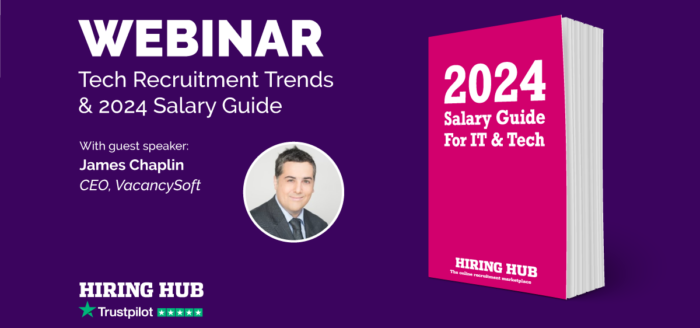
UK wages are rising faster than your favourite pizza dough. Mmm…pizza.
But seriously, the Government’s much-heralded end of economic austerity is now being reflected in pay, with average UK earnings increasing more than 3.2 per cent to September this year. This marks the highest level in nearly 10, long years of hardship.
And, you’ve guessed it, right at the top of the growth chart are IT and tech salaries, where skilled workers are in sizzling demand.
Some recent reports put the rise in pay for the sector at over 20 per cent in one year, meaning it’s accelerating nearly six times faster than the average UK wage.
This is a country-wide phenomenon, with TheCityUK’s Enabling Growth Across the UK report, highlighting the strongest increase in permanent tech salaries have been seen in London, Manchester, Bristol, Glasgow and Bournemouth. .
The salary big picture
Average income for IT professionals across the UK and Ireland is now a sizeable £81,000, according to Computer Weekly’s annual salary survey. Senior managers can expect to take home between £125,000 and £180,000. Middle managers and architects will earn up to £75,000 on average and general IT staff around £45,000.
Average income for IT professionals across the UK and Ireland is now a sizeable £81,000.
Interestingly, there’s no significant difference between salaries offered in larger companies and those of their smaller counterparts, adding weight to the idea that where there’s a need, there’s a salary to match it.
Here at Hiring Hub, we’ve looked at the market, crunched our data and taken input from agencies and our trusted supply chain to develop a summary of current salary ranges for in-demand IT and tech roles, which can be found here.
The talent battle ahead
So, it’s clear you’ll need to retain a healthy budget to account for wages if you want to keep your competitive edge when it comes to attracting and retaining top talent.
And that’s just the current picture.
Just when you thought the IT skills crisis had hit rock bottom, it seems that may just be a walk in the park compared to what’s forecast for the future Tech start-up group The Coalition for a Digital Economy warns that the UK will have a monstrous 800,000 unfilled IT jobs by 2020. This is because the nature of the skills gap is shifting as technologies are evolving.
Some of the most sought-after roles include cyber security specialists, as businesses respond to the threats highlighted by recent, high-profile online attacks.
Also in hot demand are data scientists, with roles in this sector increasing by 32 per cent in the past few years. Artificial intelligence, robotics and voice technology are other key growth areas where skills are in very short supply.
In hot demand are data scientists, with roles in this sector increasing by 32 per cent in the past few years.
Where does all this leave businesses wishing to transform themselves digitally? Well, it seems you’re going to have to brace yourselves for a fight both to attract new talent but also to retain your current employees.
Computer Weekly found that, alarmingly, around 45 per cent of IT workers that are not actively looking for new work said they would move for the right, new opportunity.
Tackling the talent problem
If you consider salary expectations and the ever increasing demand for IT talent, against record low unemployment rates in the UK, then we have ourselves a very real problem for businesses and CTOs trying to recruit and retain the best tech talent.
But it’s not all bad news. Below are our survival tips for attracting and retaining your top tech talent:
- Cast your net as wide as possible – remember that most IT professionals aren’t actively looking for work so you will need to attract them to your business. Make use of specialist recruitment agencies, increase your brand visibility in the sector and aim to reach under-represented groups.
- Offer additional benefits – as well as a healthy pay package, get creative and take a good look at what else your company can offer candidates.As Fiola Mytherall, Sage’s Talent Acquisition Manager, pointed out in our recent Q&A “Pay just isn’t everyone’s priority anymore”.Monetary incentives alone just won’t make the cut anymore. Try to think what you can offer above and beyond competitors. Extra annual leave or flexi-time? Or discounts on transport, childcare, gym memberships or meals.
- Consider relocating staff – if you’re not based in a major city, then you’ll most-likely have to bring top talent to you. Think about offering relocation packages. In the long run it’s worth it. You might even save yourself costly contractor fees.
- Invest in your employees – retention is just as important as attracting top talent – don’t overlook it. Offer excellent training and development opportunities and be savvy about how you might re-train your existing workforce to fill emerging tech roles. Promotions will incentivise and motivate your internal team and help you build a loyal long-term workforce.
To learn more about Hiring Hub and see how simple it is to use, schedule a demo or read our Trustpilot reviews from customers, who rate our recruitment marketplace five stars.


